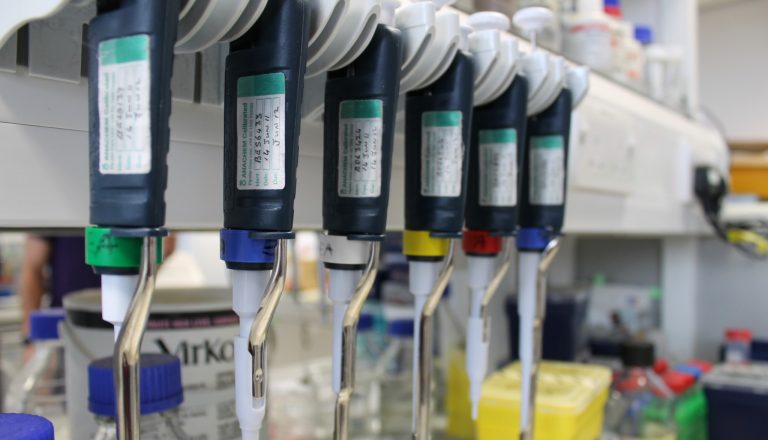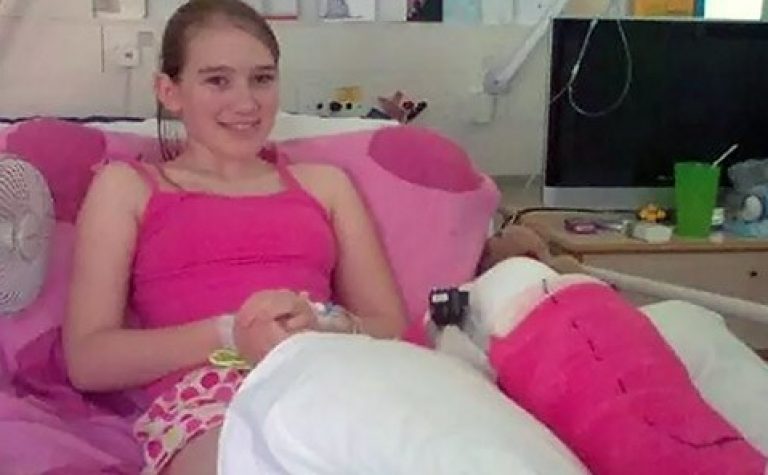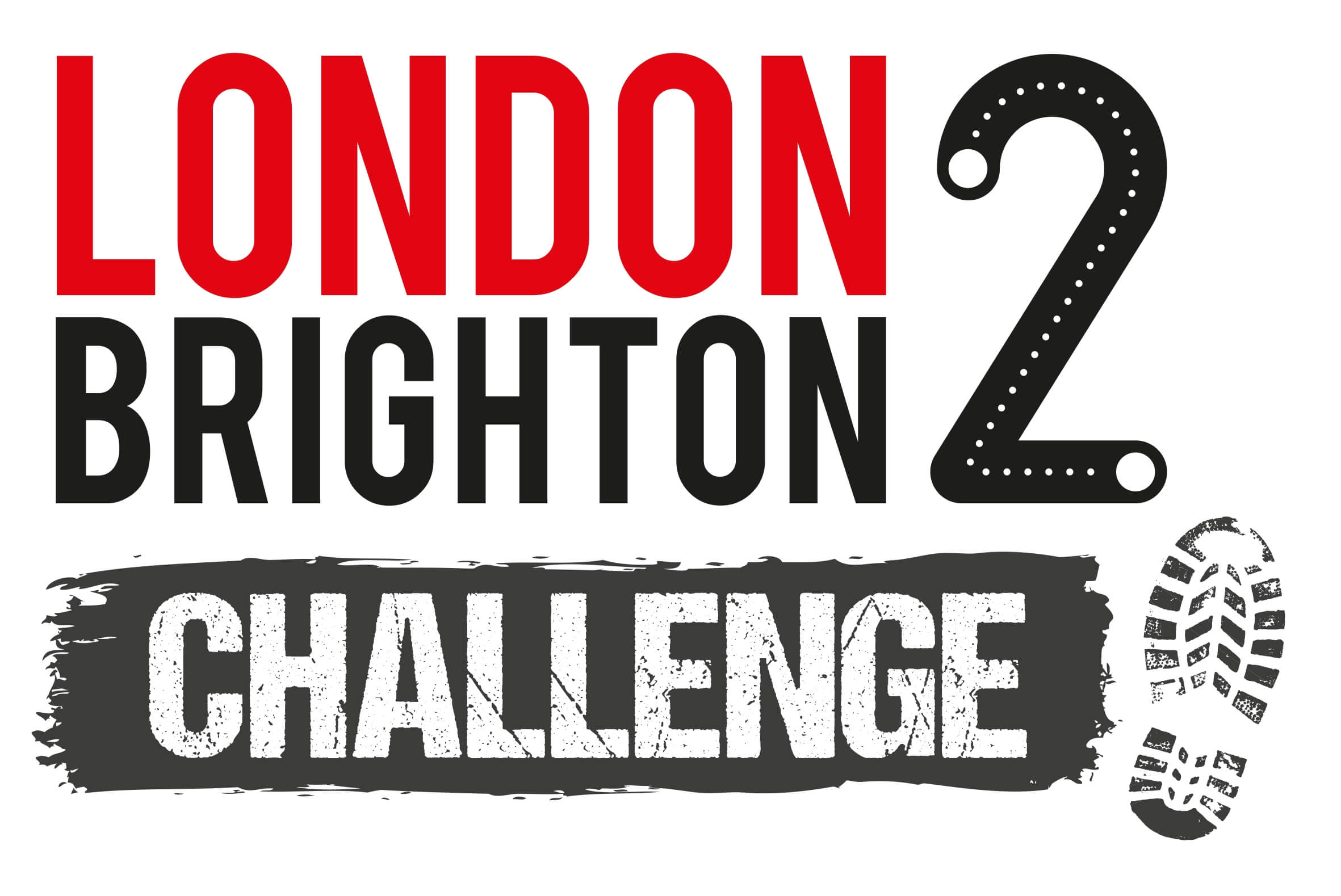Project Details
Project Title
Studying the synergistic effect of mycotoxins exposure and Epstein Barr virus infection in causing Burkitt’s Lymphoma in Africa
Lead Researcher
Dr Grace Akinyi Odongo
Research Centre
International Agency for Research on Cancer (IARC), part of the World Health Organisation (WHO)
City & Institution Postcode
Lyon, France, 69008
Start Date
23 November 2020
Duration
24 months
Grant Amount
€90,000





 Read more
Read more